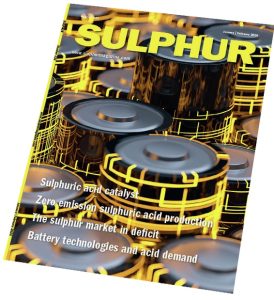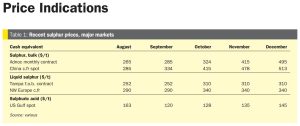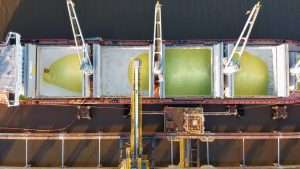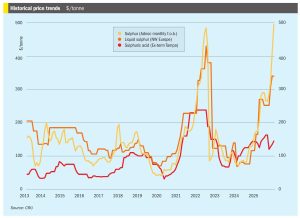
DOMO files for insolvency
Three German subsidiaries of the Belgian chemical group DOMO Chemicals have filed for insolvency, following weak demand in the European chemicals sector, high energy costs and a significant increase in imports of polyamide resins from outside the European Union, in particular from China. Court appointed administrator Prof. Lucas F. Flöther said that day-to-day operations would continue for the time being. Around 585 employees are affected across the three companies; DOMO Chemicals GmbH and DOMO Caproleuna GmbH in Leuna and DOMO Engineering Plastics GmbH in Premnitz.








